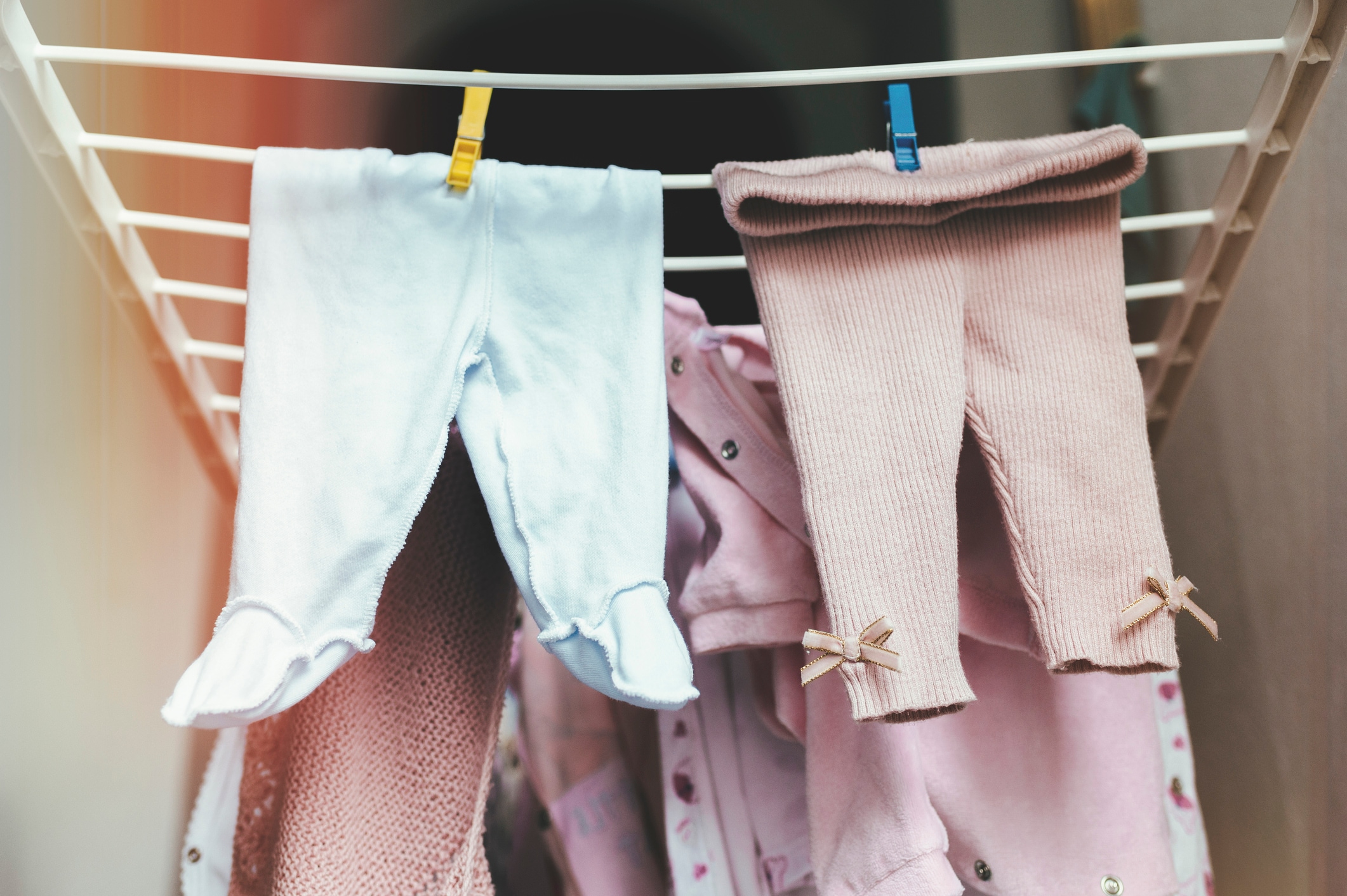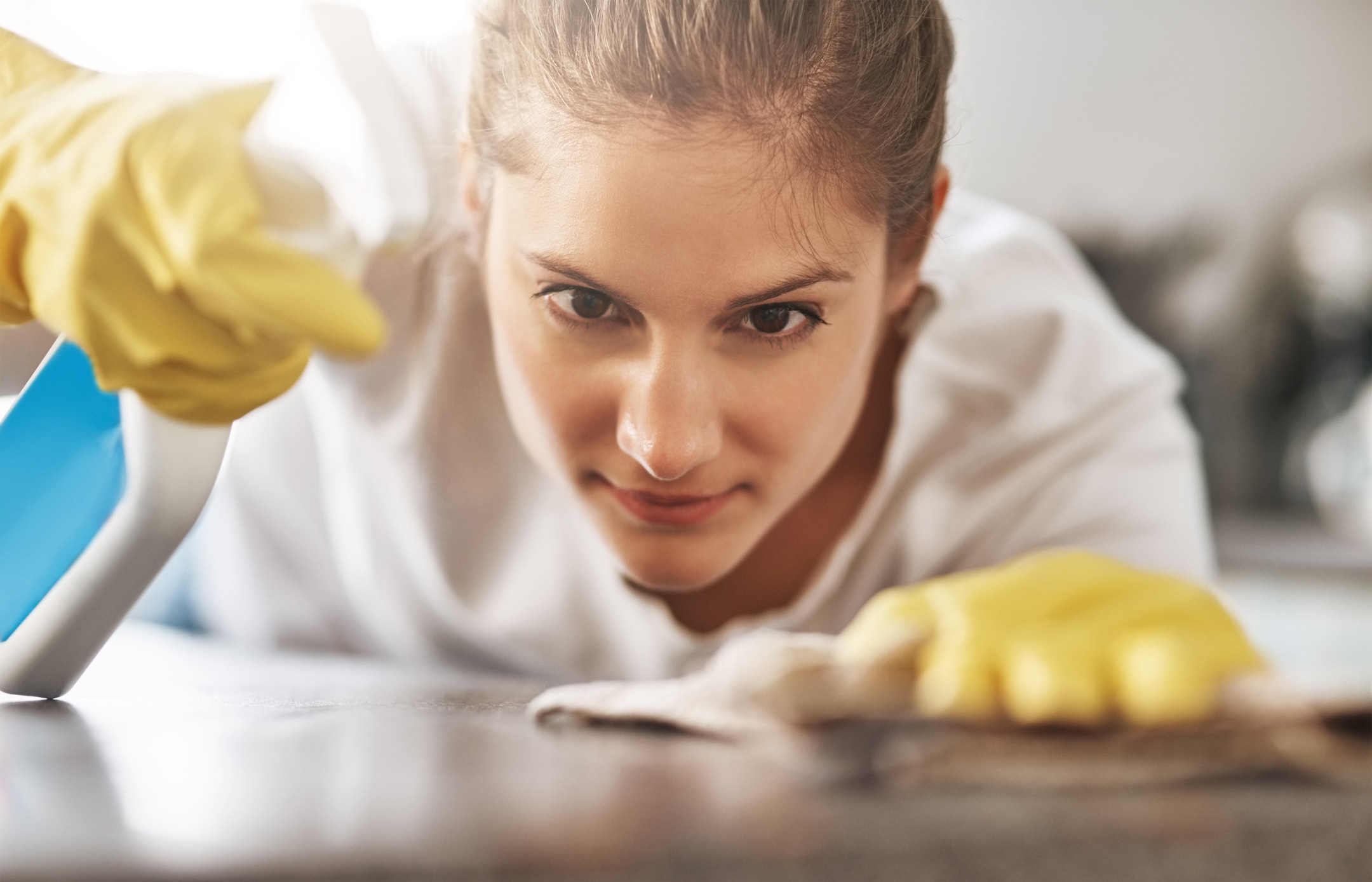After you post a cleaning job, you should always interview the top three candidates to see who you like best. But the housekeeping interview questions you ask can be key in finding The One. Asking specific questions not only can show you red flags, they can also be instrumental in the narrowing-down process.
With the help of Melissa Homer, chief cleaning officer at MaidPro and Amy Olson, director of marketing at The Maids, we’ve created a list of housekeeping interview questions. These will help you establish whether or not the housekeeper you’re thinking of employing is the right person for the job.
Key takeaways
- After posting a cleaning job, it’s essential to interview your top candidates and ask thoughtful, specific questions to find the right fit.
- By clarifying your needs, assessing each candidate’s qualifications, experience, schedule and approach to supplies and payment, you can ensure expectations align.
- Finally, verifying references and conducting background checks adds an important layer of safety and helps confirm you’ve chosen the best housekeeper for your home.
1. Your needs
Don’t interview an applicant and expect them to automatically know what you need done in your home. Have a plan in mind. Things to ask yourself beforehand (so you can craft the best housekeeping interview questions possible) may be:
- Where do you want the housekeeper to clean?
- Do you want them to organize the kitchen?
- Do you want them to pick up the children’s playroom?
- Do you want them to make the beds?
- Do you want them to clean the windowsills?
If you don’t have a clear set of goals in mind, you won’t get the best work out of a housekeeper. Be sure to figure out your goals beforehand and indicate them to the applicant. Use this checklist for ideas.
Then make sure the candidate can handle each of the tasks. If you have a problem area in your house, like a streaky refrigerator door or a soap scum in the shower, ask how they would handle it.
2. Qualifications
The housekeepers who apply to your job will share what makes them great in their responses. You can also check out their individual profiles to see what their skills are. During the interview, bring up key points that stuck out to you on individual applications — perhaps the applicant doesn’t have many years of experience or they usually clean apartments and you have a large home.
Here are some questions to ask about their qualifications and history:
- What was the most recent feedback positive or constructive you received from one of your clients?
- What did you do with the constructive feedback?
- What’s your favorite cleaning supply?
- How would you describe your housekeeping standards?
- How would you describe your style of service?
- What would other families who use you say about you?
- What do you bring to your work that others may not?
3. Experience
Experience is important, but it isn’t everything. Someone who is just starting out might be just as adept at cleaning your house as someone who has been in the business for years. But you need to make sure they can handle the job.
Some questions you can ask, according to Homer, include:
- How long have you been working for?
- Have you cleaned houses or apartments similar in size?
- What sets you apart from other housekeepers?
Additionally, ensure the housekeeper is familiar with how to clean certain surfaces in your home. “Many homes have surfaces like granite, marble and stainless steel that can be seriously damaged if cleaned improperly,” says Homer. “Before hiring a housekeeper, make sure that they are aware of any surfaces or items in your home that require special care and ask how they plan to clean these areas.
If you really want to test a potential maid service, ask how they will prevent spreading germs from another client’s home to yours. Make sure that only clean tools are used in your home to prevent from spreading germs.
4. Schedules
Timing is everything, and when it comes to deciding when to have your housekeeper over, this is especially important. Talk about your schedule during the interview and make sure they can come when you need them.
A few questions to potentially ask:
- Is your schedule flexible in case my needs change?
- What’s your cancelation policy?
- How big is your window of time for starting?
- What’s your policy if I need to skip or add-on?
5. Cleaning supplies
Go over who is responsible for handling the supplies. If you want green cleaning products, talk about your options.
“Some independent housekeepers, as well as some services, expect you to supply all cleaning products and equipment,” says Olson. “Check out what’s included with your house cleaning. Ask what products will be used and if they are environmentally preferred, or harsh, toxic chemicals. If equipment is brought into the home, ask how the equipment is serviced and cleaned in between homes.”
Questions to ask:
- Do you provide your own supplies?
- Do you provide your own equipment?
- What products do you use?
- What if I prefer non-toxic, environmentally-safe options? Do I need to provide them?
- How is equipment handled in between homes? Is it serviced, cleaned, etc?
6. Pay options
Know what you can afford before deciding to hire someone. This should be discussed up front during a phone interview with an individual, so they know your budget. If you aren’t sure where to begin in terms of pricing, check out Care’s Cost of Care Calculator get started.
Here are some payment questions to ask:
- What is your rate?
- What does that cover?
- How does the rate change for more/less frequent visits?
- Is there a payment grace period for cancellations?
- How do you prefer payment — Venmo, Zelle, cash, check?
7. References and background checks
If you didn’t ask for references during the application process and the interview went well, ask for references and call them afterward. If you’re looking at using a cleaning service, Olson recommends asking “if employees’ references are checked and their residence status is confirmed. Some established company policies include screening for honesty and dependability. This provides added security.”
Here are some questions to ask references about your potential future housekeeper:
- Check their dates/resposibilities.
- What were their strengths?
- What were their weaknesses?
- Were you happy with their service?
- Were you happy with their communication style?
- Were there ever any issues?
You should also run background checks on your final candidate. Every individual caregiver who joins the Care.com platform is required to undergo enhanced screening, which includes a criminal background check. While our Care.com Background Check is a good place to start, it does not replace the safety precautions that you should take on your own, as our membership eligibility standards may differ from your hiring standards.
References and background checks can mean the difference between hiring a great housekeeper and an OK one.
| To learn more about safety, visit the Care.com Safety page. |





